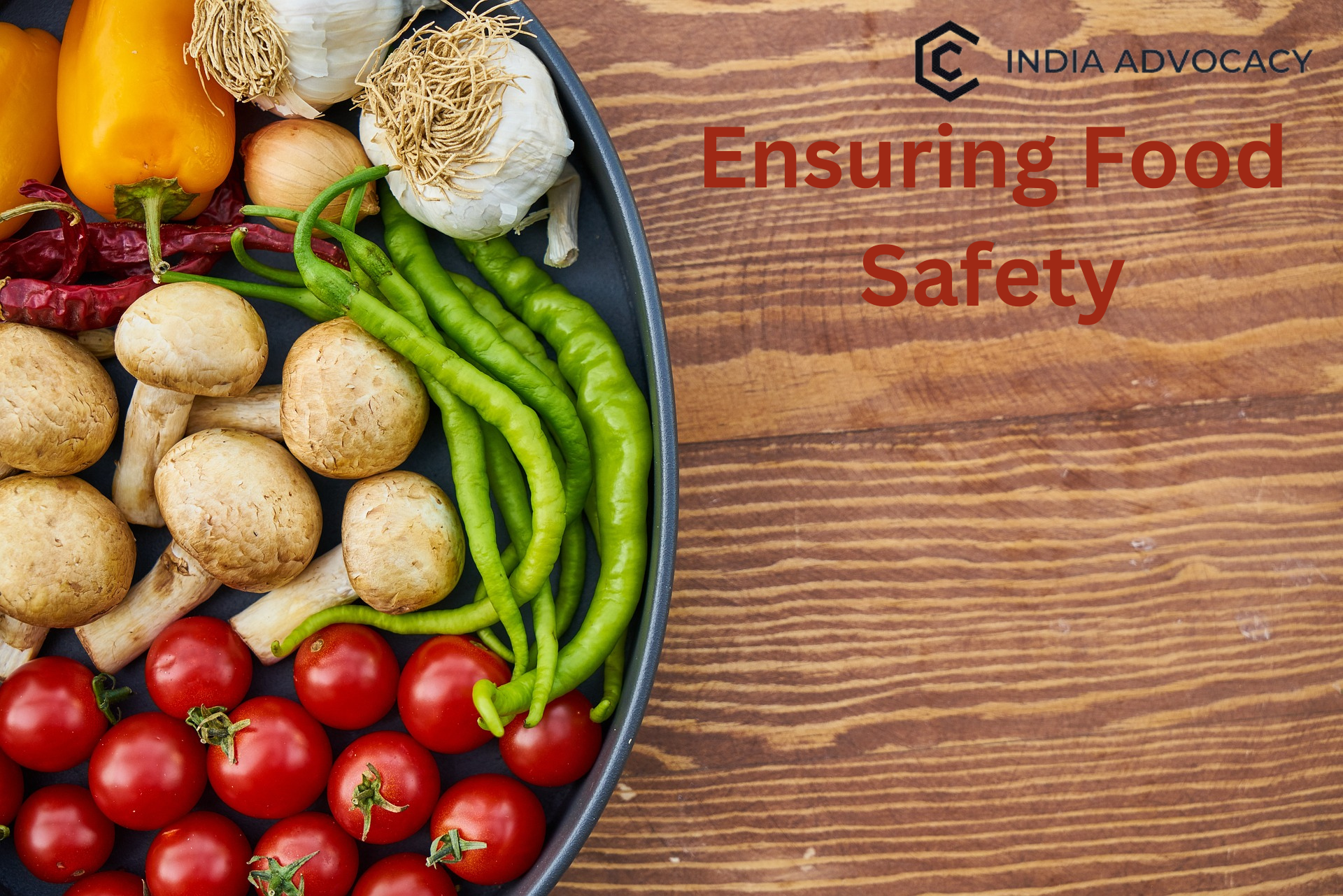
Challenges such as regulation and monitoring.
India is currently facing a huge problem in guaranteeing food safety because of weak regulation, inadequate monitoring, and corporate greed. In the last few years, nationalist pride and the fear of international humiliation have added to these problems, which in turn have a negative impact on 1. The EU has 500 million citizens and a significant number of people living abroad.
Recent Controversies
Nestle SA is again in the spotlight, following a Swiss report claiming that its Cerelac baby cereal sold in Asia and Africa, including India, contains high levels of added sugar. In the same line, these Indian spices like MDH and Everest, which are famous both locally and internationally, were banned in Singapore and Hong Kong for containing ethylene oxide, at unsafe levels, which is a carcinogen. In addition, the US FDA is also investigating these spices. In spite of the foregoing worries, the Indian officials claimed that the country had strict norms and the allegations were “false and malicious”.
Lack of Oversight and More Than Just the Issue at Hand
Inadequate supervision on top of that worsens the problem. Delhi police raids reveal that adulterants are used in the production of fake spices. Food safety issues are also valid for generic drugs as India is a major supplier in this area. The fatal drug poisoning in both Gambia and Uzbekistan was caused by contaminated cough syrup. Similar cases have happened here. Nationalism, in most cases, is used as a lens for the criticism of these issues, which then leads to the obscuring of the harm and the focus on non-existent threats.
The Maggi Crisis
The Maggi crisis of 2015 provides a good example. The Indian government has banned Nestle’s popular noodle brand, and the company is forced to destroy 35,000 tons of stock which is based on shaky evidence. This overreaction in food safety in India only indicates the complex and mostly incorrect approach to food safety in India.
![]()



